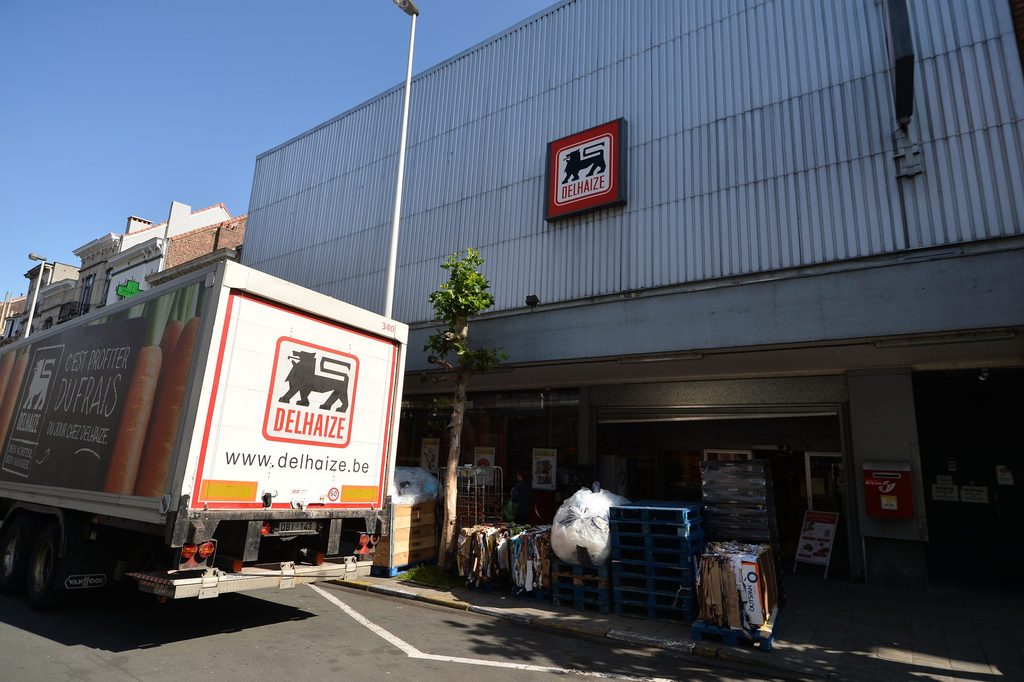The Federation of Belgian Enterprises (FEB) has called for delivery times to be extended into the night to combat the country's increasingly long and expensive traffic jams.
In a recent study published by FEB, which represents companies in Flanders, Wallonia and Brussels, it detailed the changes it believes are required to improve Belgium's transportation network. Specifically, it urged the various governments to step up their efforts to reduce the high levels of congestion in major cities.
One of the latest study's more remarkable proposals is to make night deliveries in city and village centres possible, in an attempt to ease daytime road traffic.
The report follows an earlier study published by the same organisation which found that the Belgian economy lost almost €5 billion due to the ever-longer traffic jams last year.
The FEB is asking regional and local authorities to extend delivery times for "silent deliveries" to between 00:00 and 05:00 in the morning. The Federation stressed that these deliveries will not disrupt local residents' sleep.
Pros and cons
Shops, supermarkets and department stores already receive deliveries late at night or early in the morning in more remote areas. However, this can only be done if they can guarantee that the nuisance to local residents is reduced by using quieter trucks and quiet equipment to unload the truck.
Making this possible in more places would require a change in environmental legislation, which is currently very strict and makes night deliveries almost impossible in city and village centres.
Related News
- Car-Free Sunday saw 'significant reductions' in air and noise pollution
- Avenue de Tervueren redevelopment: Ambitious proposals meet local criticism
Transport economist Roel Gevaers (UA) told Het Nieuwsblad that it is a change worth making. He researched the phenomenon of silent deliveries and found that, for supermarkets alone, several hundred trucks a day would not be stuck in daytime traffic.
There are also ecological benefits to silent deliveries: as drivers are not waiting in traffic for hours, around 30% less diesel is consumed.
Flemish Mobility Minister Lydia Peeters said that, while she welcomed the fact that this would also increase road safety as fewer trucks would be on the road at the same time as vulnerable road users, she remains cautious about the consequences it would have on local residents.

